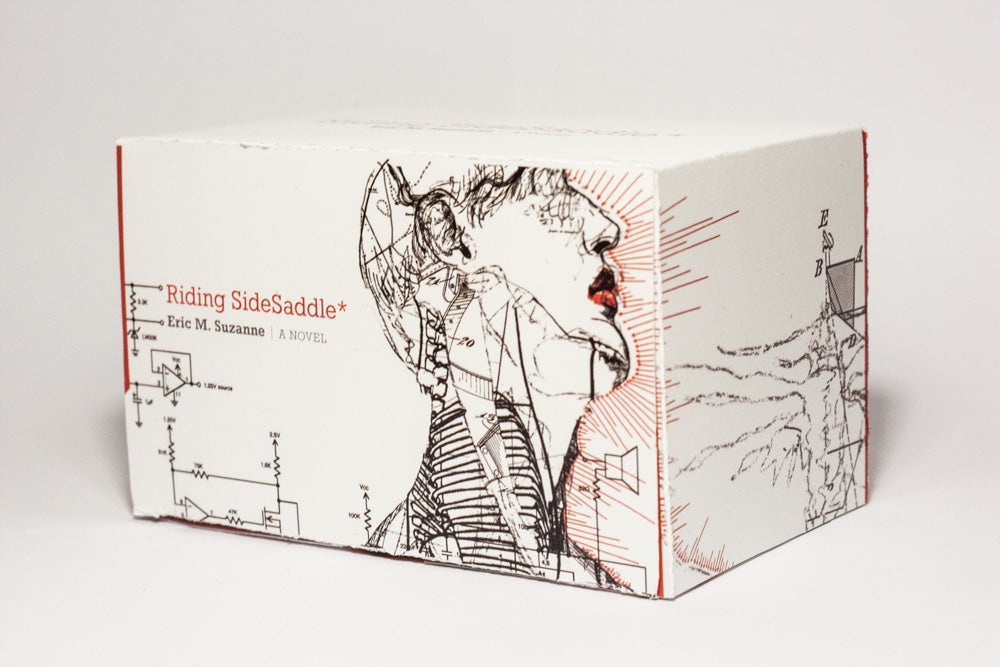On Doubt and Not-Knowing in Fiction
While one can imagine the lyric impulse of the poem or the meandering logic of the essay easily fits with the notions of doubt and not-knowing, the question lingers: what of fiction, the genre that is conventionally thought of as “plotted”? Should writers of fiction come to a story or narrative with a conceit or concern already crafted, or does writing through, around, and among the consciousnesses, characters, and languages of fiction reveal to these writers their ultimate uptake?
On Doubt and Not-Knowing in Fiction Read More »
While one can imagine the lyric impulse of the poem or the meandering logic of the essay easily fits with the notions of doubt and not-knowing, the question lingers: what of fiction, the genre that is conventionally thought of as “plotted”? Should writers of fiction come to a story or narrative with a conceit or concern already crafted, or does writing through, around, and among the consciousnesses, characters, and languages of fiction reveal to these writers their ultimate uptake?








